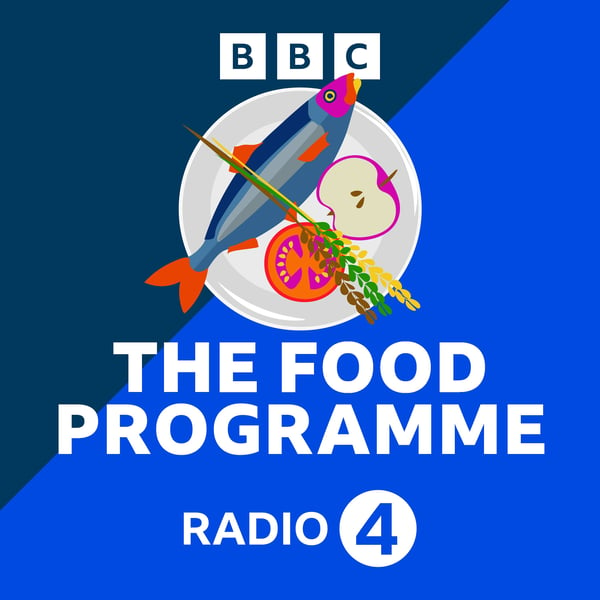Reformulation – a fix for the obesity crisis?
The Food Programme
BBC
4.4 • 943 Ratings
🗓️ 7 August 2022
⏱️ 29 minutes
🧾️ Download transcript
Summary
In the UK poor diet is a worrying public health issue, and we rank one of the worst in Europe for levels of obesity, particularly among children. Reformulating the most unhealthy foods to reduce sugar, salt and fat is the food industry’s main strategy to turn things around, and this is echoed by the government. Reformulation has been going on for decades, and there has been some real progress recently, for example reducing sugar in soft drinks and some breakfast cereals. However, overall there is much work still to be done and government sugar reduction targets are way-off being met according to recent figures.
The focus on reformulation has always been on reducing the level of ‘bad’ nutrients in food. Now the concept of ‘ultra-processed’ food is calling that strategy into question. It defines food on the level of processing rather than on nutrients – if a product includes ingredients you wouldn’t find in your kitchen and was made in a factory, then it’s probably ultra-processed. UPF food makes up half of the average diet in the UK, and there is growing evidence to show that it’s very likely driving the rise in diet-related diseases, and the global obesity epidemic.
So when it comes to nutrients, what are the technical challenges for reformulating our food, and how far can this approach go in improving the quality of ultra-processed food? And if the problem really lies with processing rather than nutrients, do we need a different approach entirely?
Presented by Sheila Dillon and produced by Sophie Anton for BBC Audio in Bristol.
Transcript
Click on a timestamp to play from that location
| 0:00.0 | You're about to listen to a BBC podcast and I'd like to tell you a bit about the |
| 0:03.8 | podcast I work on. I'm Dan Clark and I commissioned factual podcasts at the BBC. |
| 0:08.6 | It's a massive area but I'd sum it up as stories to help us make sense of the forces shaping the world. |
| 0:15.3 | What podcasting does is give us the space and the time to take brilliant BBC journalism |
| 0:19.8 | and tell amazing compelling stories that really get behind the headlines. |
| 0:23.7 | And what I get really excited about is when we find a way of drawing you into a subject |
| 0:28.4 | you might not even have thought you were interested in. |
| 0:30.2 | Whether it's investigations, science, tech, politics, culture, true crime, the environment, |
| 0:36.1 | you can always discover more with a podcast on BBC Sounds. |
| 0:39.7 | BBC Sounds, music, radio podcasts. |
| 0:44.6 | Hello, you've downloaded a podcast of BBC Radio 4's The Food Program. |
| 0:49.7 | Welcome to our world, from cooking to culture, politics to pleasure. We hope you enjoy it. |
| 0:56.5 | This is coconut milk with rice. Then we have a pasta and sauce, less packaging. Now we have a breakfast cereal, whole grain is the number one ingredient. |
| 1:08.0 | Here's the story, these are the kind of foods that now make up half the average British diet, a diet that's |
| 1:16.1 | linked to stunning levels of obesity and ill health, and the percentage goes up if you're poor |
| 1:22.3 | or just young. |
| 1:23.6 | It's food with a long shelf life |
| 1:26.1 | and a lot of ingredients you won't find in your kitchen cupboard. |
| 1:29.6 | Stabilizers, gell and gum, |
| 1:32.0 | xanthan gum, emulsifiers, |
| 1:34.3 | pent sodium triphosphate, mono, and diglycer. |
| 1:37.0 | Once upon a time not very long ago, |
... |
Please login to see the full transcript.
Disclaimer: The podcast and artwork embedded on this page are from BBC, and are the property of its owner and not affiliated with or endorsed by Tapesearch.
Generated transcripts are the property of BBC and are distributed freely under the Fair Use doctrine. Transcripts generated by Tapesearch are not guaranteed to be accurate.
Copyright © Tapesearch 2025.

